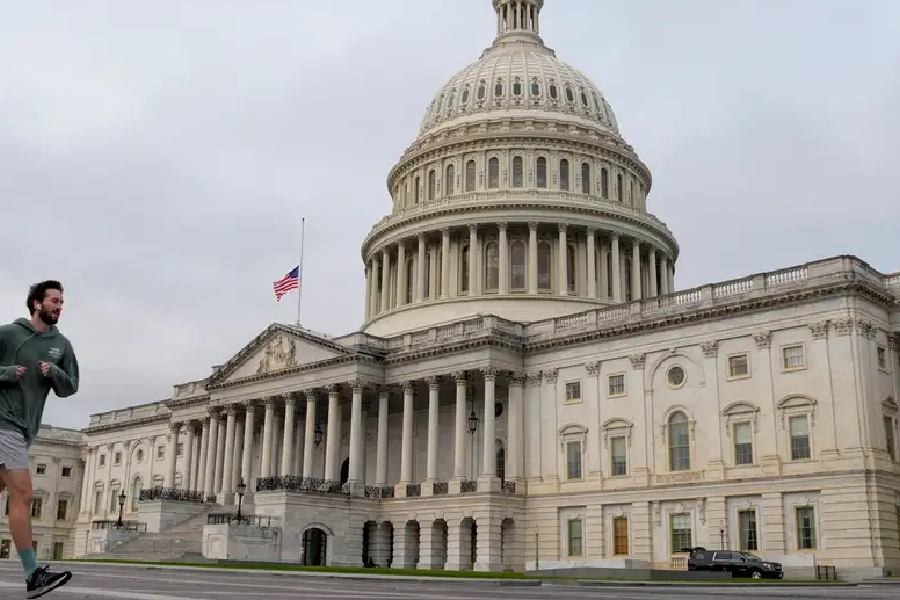Shutdown Narrowly Averted
The last-minute approval of an emergency funding bill by the US House of Representatives has averted a government shutdown, albeit temporarily. While this move ensures federal operations continue without interruption, it raises questions about the health of American democracy and the growing inefficiency in bipartisan cooperation.
This crisis was more than just a countdown to chaos; it was a testament to the political brinkmanship that has become alarmingly common. The Republican-controlled House, fraught with internal divisions, managed to pass the bill, but not without significant concessions. It omitted funding for contentious issues like Ukraine aid, revealing the political trade-offs needed to secure even basic governance.
On the Democratic side, the willingness to compromise highlights the party's recognition of the stakes involved. A shutdown would have disrupted services, furloughed thousands of federal workers, and stalled an already fragile economy. Yet, their frustration with the constant cycle of manufactured crises is palpable.
The episode underscores a troubling reality: governance in the US increasingly hinges on eleventh-hour deals rather than proactive leadership. While the immediate crisis is over, the larger issue of recurring fiscal standoffs remains unresolved. Without a long-term strategy, such emergencies will continue to erode public trust in government institutions.
Ultimately, this funding bill is a short-term bandage for a deep, systemic wound. Both parties must prioritize dialogue over discord to avoid turning governance into a perpetual game of political chicken.





